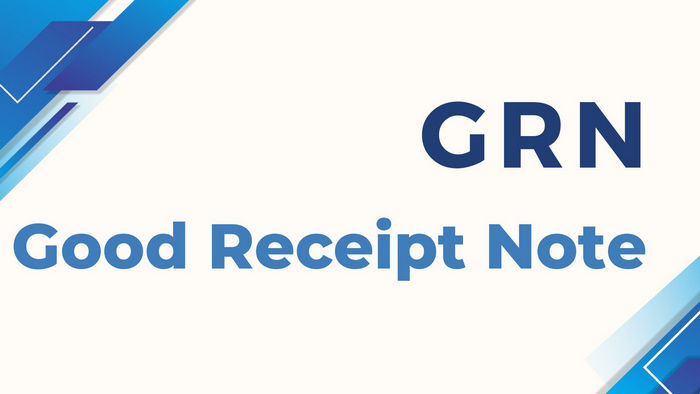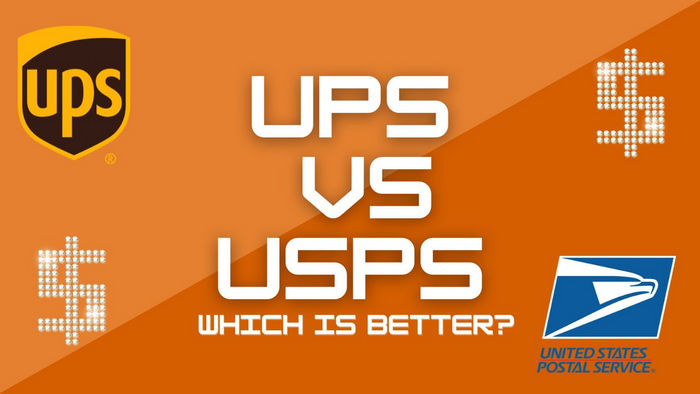The eCommerce business is growing fast. US consumers alone will spend $933.30 billion purchasing products online, up 17.9% YoY(year-on-year).
Starting an eCommerce business is still profitable in 2022. Here is why.
The new COVID variant, Omicron, is hitting the world, and more unnamed variants may exist. Social distancing and travel restrictions will likely continue in 2022.
-
❶ Ecommerce giants such as Amazon, Walmart, and eBay, are investing more in building a faster and more comprehensive logistics system, making order delivery faster than ever before.
-
❷ Lots of people lose their jobs and face salary cuts in the global pandemic. These people will purchase online more often because many products sold online are cheaper than offline.
-
❸ The trend of eCommerce business growth won't be turned around in 2022 unless something unexpected happens. So, if you want to start your eCommerce business, it is not late.
This article lists SaaS tools that can cover most of your needs for starting an eCommerce business. I divide the eCommerce tools into the following 5 categories to help you find suitable software based on your situation.
The name speaks itself—website builder tools are for online store building and management.
You can use the market research tools to find competitors and opportunities in niche markets. These tools can provide insights into optimizing your stores or advertising campaigns.
These tools help manage the daily operation, logistics, and finance of your e-commerce store.
- (4) Marketing Tool
Marketing tools can help you improve store visibility, store traffic, and conversion rate.
These tools are used for data analysis to find problems, vulnerabilities, and growth opportunities.
1. Website Builder Tools
1. BigCommerce
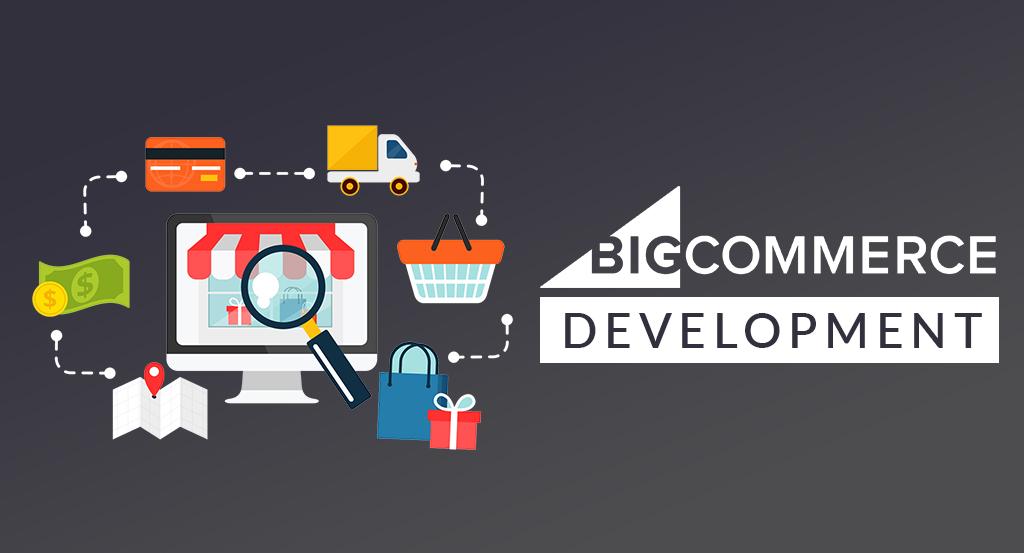
If you want to build a fully hosted website and plan to grow your business, BigCommerce is the platform you need.
BigCommerce is easy to set up. It is feature-rich and easy to expand when your business grows. You don't need to hire someone with professional site-building technology.
2. X-Cart

X-Cart is a high-performance e-commerce website building platform suitable for sellers with programming skills.
X-Cart provides a responsive design, can be integrated with WordPress (a free and open-source blog software and content management system based on PHP and MySQL). It supports multiple payment gateways, provides various SEO functions, and integrates different web services. Compared to its counterpart Magento, X-Cart is more user-friendly.
3. Shopify
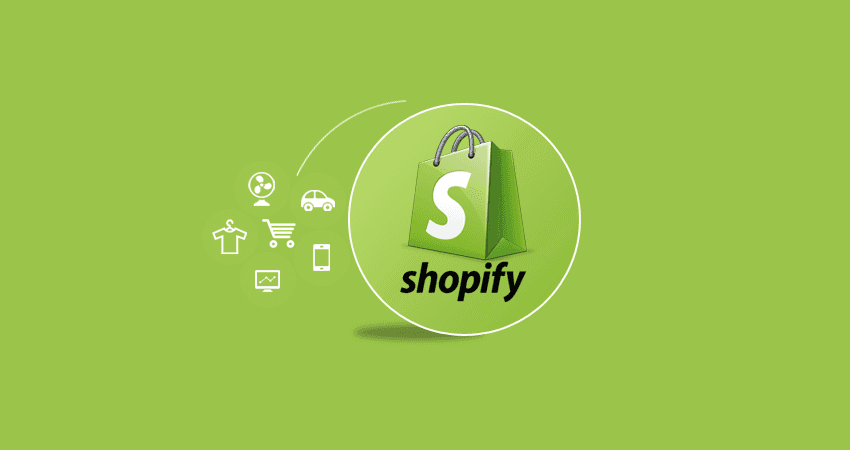 Suppose you are not familiar with web tech and don't have enough budget to hire a website developer. Still, you want to build an eCommerce store as quickly as possible. In that case, Shopify is a good choice.
Suppose you are not familiar with web tech and don't have enough budget to hire a website developer. Still, you want to build an eCommerce store as quickly as possible. In that case, Shopify is a good choice.
Shopify is easy to use. It is also versatile and expandable. It provides hundreds of free templates and themes. You can also customize them according to your business style.
Shopify also provides 24/7 technical customer support for your online store and provides hosting, so you don't have to worry about store maintenance issues.
4. WooCommerce

For e-commerce sellers using WordPress, WooCommerce (free) is a good choice and can provide a good experience for website visitors. However, if you want to upgrade your online store, you need to pay extra to purchase themes, extended functions, domain names, etc.
5. PrestaShop

PrestaShop is very suitable for sellers with less budget. The features it provides are not inferior to WooCommerce and Shopify. The disadvantage is that if your store snowballs, its features may not meet your needs.
2. Market Research Tool
The most important thing for a successful eCommerce merchant is having a competitive advantage. You lose the match if you don't know anything about your competitors.
If we want to gather the essential information of market competition, eCommerce market research tools are indispensable.
1. JungleScout

If you sell products on Amazon or your website, it is wise to use Jungle Scout to do market and product research, and competitor analysis.
Jungle Scout helps sellers identify top-selling products in niche markets and track their performance on Amazon. Some sellers may use it as an eCommerce price monitoring tool.
Jungle Scout charges $29 a month to help each user track 40 products. You can also add it to the Chrome extension for a one-time payment of US$197. Jungle Scout will provide you with various details, including product profit margins, product trends, monthly sales, and more.
2. SEMrush
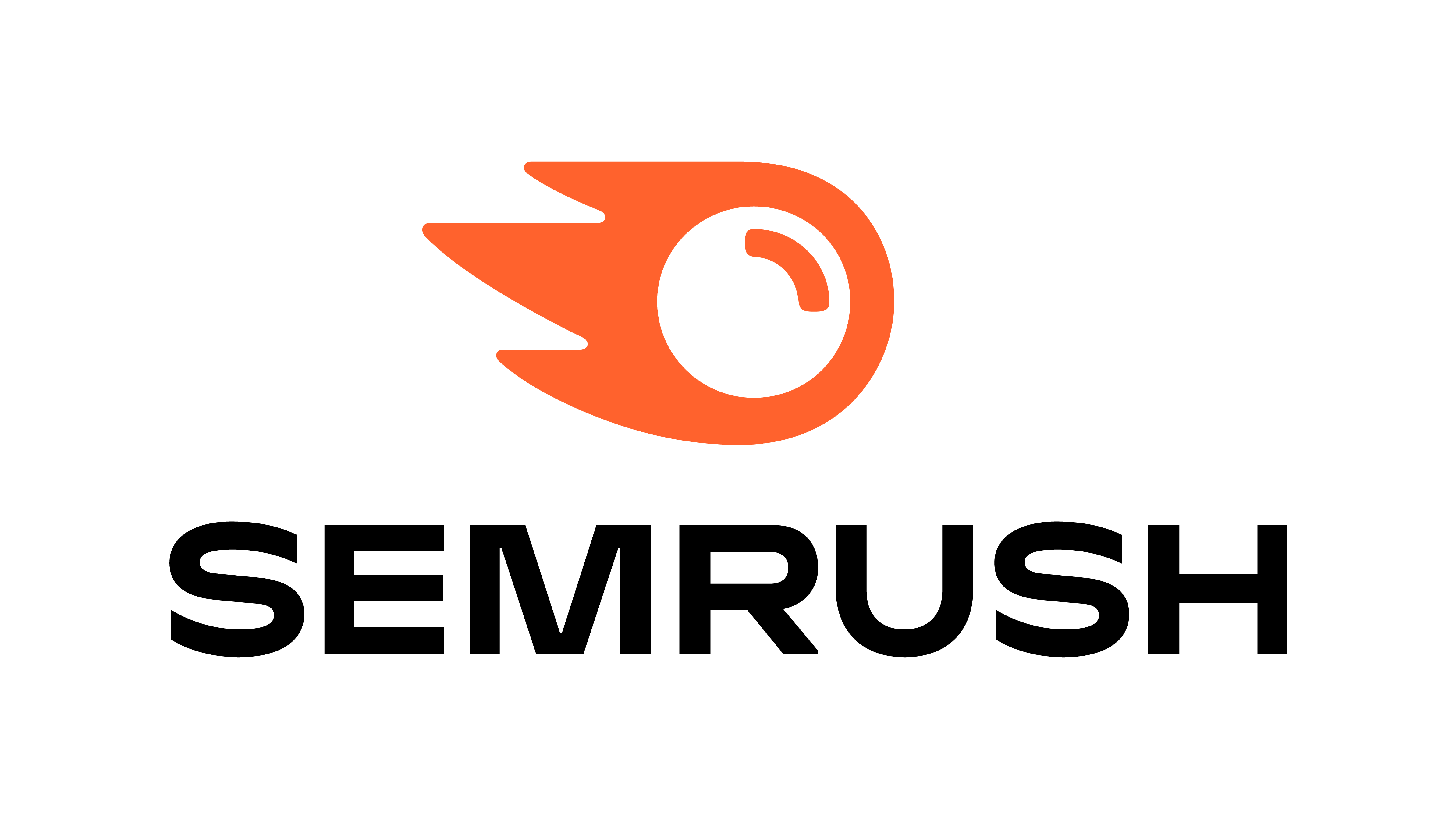
SEMRush is a great SEO & SEM tool for your eCommerce business, tracking more than 106 million keywords, search volume, and more than 87 million domain names.
SEMRush provides sellers with detailed reports on their websites or competitor websites. Depending on the number, purpose, and depth of the information you need, the subscription fee ranges from US$69.95 per month to US$5499.5 per year.
3. Ahrefs
Ahrefs is mainly used to analyze the backlinks of your website and your competitors' websites. You can use it to determine how your competitors improve their Google rankings. The data gathered helps view the most shared pages of their websites and advertising campaigns.
Both SEMrush and Ahrefs are the best SEO tools for eCommerce. If you plan to build your eCommerce website, you should try them first.
3. Daily Operation Tool
There are many trivial things in the day-to-day e-commerce operations, such as tracking employee performance, managing operation budget and financial status, contacting manufacturers, etc. Excellent business tools can help you make your work management more efficient.
1. Sourcify

Sourcify provides services for manufacturers and companies looking for product manufacturers. Its manufacturer review mechanism reduces possible risks in the manufacturing process. If you are not satisfied with the final product, Sourcify will provide a refund.
Sourcify also provides project management tools for sellers and provides users with three optional manufacturers. You can use this tool to set a competitive price for your product.
2. Tickspot

Tickspot is a time management software. Users can record the working hours of various tasks and switch between multiple schedules. Sellers can also use the report function of Tickspot to monitor the project budget and employee productivity. Tickspot charges vary from $0 to $149, depending on the project.
3. Asana
Asana is a task management SaaS (software as a service) tool used for task assignment, adjustment, and tracking. eCommerce sellers can use it to facilitate communication and collaboration.
Sellers can directly upload files to the platform. The Asana reminder function will urge employees to read them within a specified time.
4. Inventory Source

Inventory Source is a fully eCommerce automation tool. It can automatically synchronize your inventory, update your website, integrate orders, etc.
5. Oberlo

Oberlo's user interface is more user-friendly than Inventory Source. It can help e-commerce sellers purchase, customize and deliver products. Oberlo can also help sellers find alternative suppliers, track sales, and more.
6. Shipwire
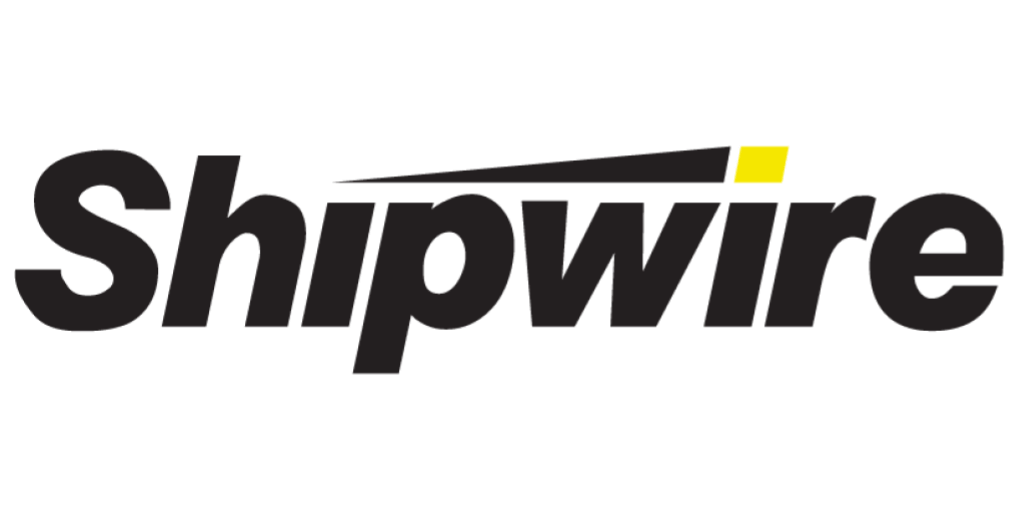
If you are using a third-party warehousing network and Ingram Micro's logistics distribution center, using Shipwire to track and manage your inventory can ensure the safety of your inventory.
7. TradeGecko
TradeGecko aims to simplify the POS terminals of retail, and its functions include inventory management, order synchronization, product bundling, etc.
8. KeyDelivery

KeyDelivery is a shipment tracking tool and eCommerce shipping software. It has more than 1200 carriers and features that simplify the seller's inventory and product management, shipping, and tracking process.
9. Wave
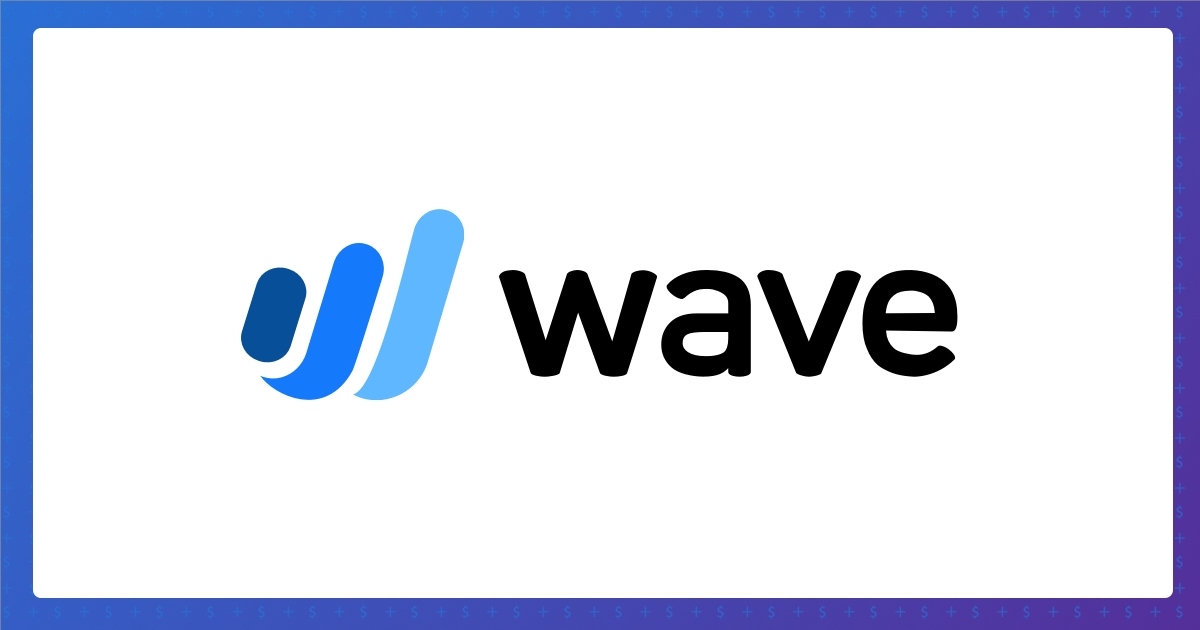
Wave is an accounting and invoicing tool for small e-commerce companies with fewer budgets. Its functions include direct deposit, salary management, annual record keeping, invoicing, tax calculation, tax deduction, and receipt management.
10. EcomDash

EcomDash is a multi-channel inventory management tool with inventory optimization, order processing, and sales reporting.
4. Marketing Tool
A great marketing campaign will bring sales to sellers, and practical marketing tools will reduce your spending on email and content creation tasks, help you understand market segments, and track potential audiences. Here are a few tools that perform very well in this regard.
1. MailChimp

MailChimp is an automated email marketing tool that is easy to customize and uses email templates. Mailchimp has an analysis function that allows you to classify customers.
2. Campaign Monitor

Campaign Monitor charges from US$9 to US$899 per month. Compared with other automated email marketing tools (such as MailChimp), Campaign Monitor is more expensive and has fewer templates, but its quality is higher.
3. Feeds4
Feeds4.com is a content aggregation and promotion tool that helps sellers publish content and promotional information.
4. Active Campaign
Active Campaign has a powerful data analysis function that can update and modify your marketing emails based on user comments. Many sellers praise it.
5. Bulk.ly
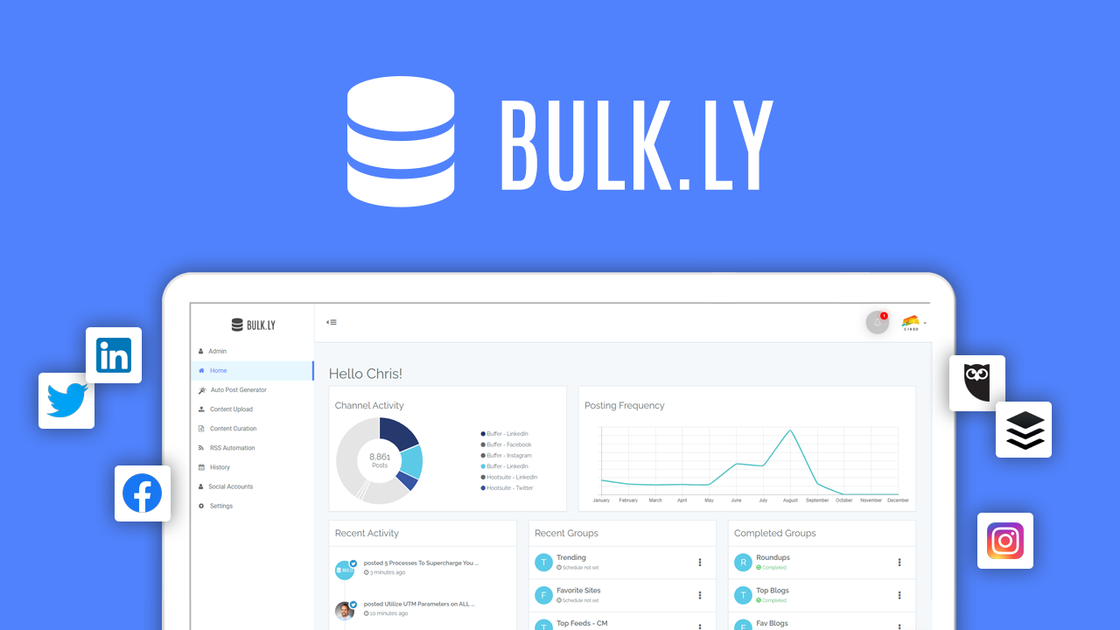
You can upload spreadsheets from social media posts on Bulk.ly and send them to your Buffer account. You can also disrupt the order of tweets in a CSV file and add relevant tags and categories.
6. Buffer

Sellers can use Buffer to track topics of interest to their social media audiences, plan tweets, and increase user engagement.
7. OmniStar

OmniStar (OSI Affiliate) is a promotion and marketing software that promotes your joint marketing project by placing it in a designated directory and letting you know the real-time promotion situation.
8. Antavo

Antavo is committed to helping e-commerce sellers gain consumer loyalty entertainingly and interestingly and is welcomed by many top retailers.
9. Smile.io

Smile.io encourages your customers to share your products by providing points and rewards. There are currently more than 15,000 active sellers using Smile.io.
10. User Testing

User Testing is a handy tool to help e-commerce companies understand the reaction of their target customers to their stores and websites.
11. Wish Pond

Wish Pond helps sellers identify potential customers through pop-up windows and landing pages and allows you to send marketing emails to potential customers.
12. Klaviyo

Klaviyo is a one-stop digital marketing tool. Its functions include publishing AB tests, automatic response to emails, etc.
13. Buzzstream

BuzzStream is committed to helping sellers create content, improve the visibility of sellers' content, and thereby increase store visibility.
14. Exit Bee

Exit Bee helps sellers target customers based on behavioral psychology, increasing the conversion rate and email subscription rate of the seller's store and increasing the customer purchase rate.
15. Thrive Leads
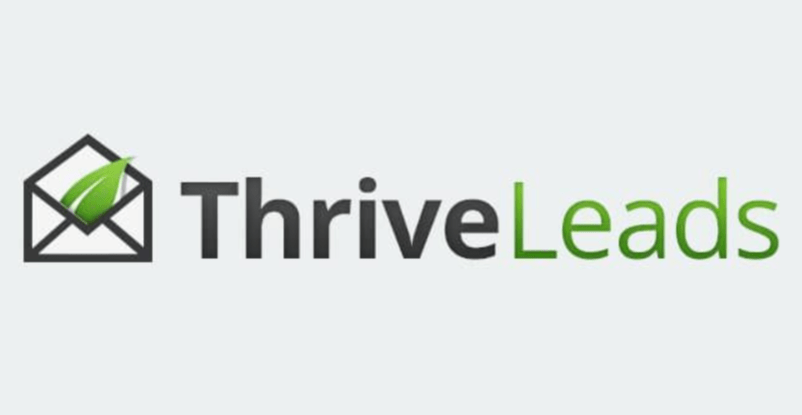
Thrive Leads is a WordPress plugin dedicated to conversion rate optimization, which can help e-commerce sellers quickly build mailing lists.
16. Store Ya
Store Ya has a variety of functions, such as product promotion, real-time fan statistics, etc. It can also import products directly into your Facebook store.
5. Data Analytics Tools
eCommerce analytics tools help sellers understand what customers want, how they come to your store, and why they buy from you. Analysis tools are a must-have for every eCommerce seller.
1. VWO: Visual Website Optimizer

In addition to providing fundamental analysis for sellers, VWO will also offer heat maps and click heat maps. Sellers can formulate strategies to improve website conversion rates based on this information.
2. Optimizely Analytics

Stanford statisticians participated in the development of Optimizely Analytics, a mighty data analysis engine, which helps sellers evaluate store performance through sequence tests.
3. Google Analytics

Google Analytics can monitor a lot of website data. Free and rich information can help you improve the conversion rate of PPC ads, optimize a website and product descriptions, and track store visitor behavior. Google Analytics is a must-have tool for all companies that have a website. It is also the best tool for eCommerce stores.
4. Neatly
Neatly enables sellers to track all KPIs of the store in a customized interface. The tool integrates more than 45 eCommerce software, including Shopify, MailChimp, QuickBooks, PayPal, and Google Analytics.
Conclusion
Suppose you are struggling with optimizing your eCommerce business. In that case, if your business is stagnant, you might as well try the above tools. Data speaking may make your e-commerce road smoother.



